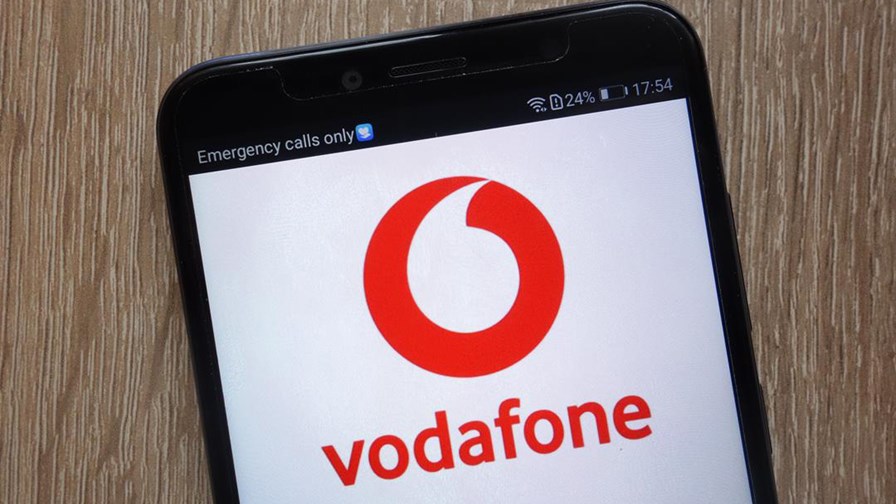
Source: Piotr Swat / Shutterstock.com
- DT not terribly happy, Vodafone ecstatic
- Becomes the biggest converged operator with 116.3 million mobile customers
- Which is of course exactly what worries DT
After the rumours, the final announcement. The EC has waved through Vodafone’s $22 billion purchase of Liberty Global’s cable networks in Germany and central Europe. The move means the UK-based company will become Europe’s largest mobile, broadband and TV provider - that being the reason for the hold-ups and ownership adjustments as the commission sought to ensure that Vodafone’s size and influence didn’t cramp broadband competition in Europe.
Remedies agreed with the commission included giving its smaller rival Telefonica Deutschland 02Dn.DE access to its enlarged high-speed broadband network.
Deutsche Telekom, of course, is still unhappy and is considering an appeal, according to Reuters. DT claims the remedies didn’t go far enough and will limit the variety of media and programming on offer to consumers.
The deal is a further step in Vodafone’s strategy to be both a fixed and mobile/wireless (converged) provider, but success in the fixed domain throws a spotlight on the next problem - the potential for Vodafone to dominate the critical ‘last mile’ apartment block access network - a problem that has also reared its head in the US (see - Pai’s FCC is at it again. Preempts move for competition in apartments).
Vodafone’s competitors are urging regulators to ensure that they also have “last-mile” access to households, so more remedies could be on the horizon.
Go east young man
Vodafone says the deal is also transformational for the four markets of Germany, Hungary, Czech Republic and Romania because it will offer high speeds for consumers and renewed competition there.
Vodafone is triumphant, pointing out that it will become Europe’s leading converged operator, with 116.3 million mobile customers, 24.2 million broadband customers and 22.1 million TV customers across 13 European countries.
As a result it will own the largest next-generation network in Europe, one of the continent’s largest TV platforms, and more than half of Group revenues will come from fixed and converged services.
In Germany it claims it will deliver gigabit mobile speeds to 20 million people by 2021 and fixed gigabit connections to 25 million households by 2022. Vodafone’s (forced) relationship with Telefónica Deutschland will see it indirectly provide broadband services to even more households, with download speeds of up to 300 Mbps.
Vodafone is looking forward to cost and capex ‘synergies’ which it reckons will amount to €6 billion after integration costs. It says revenue synergies, including more than €1.5 billion from cross selling to the combined customer base, are also a positive factor for the deal.
Barring last minute hiccups, the transaction is expected to complete by the end of this month.
Email Newsletters
Sign up to receive TelecomTV's top news and videos, plus exclusive subscriber-only content direct to your inbox.




